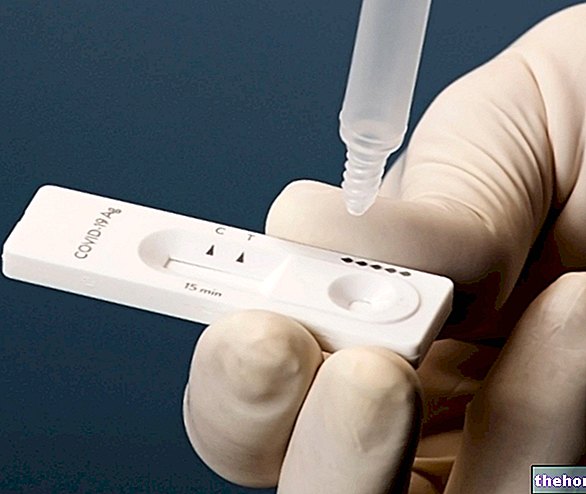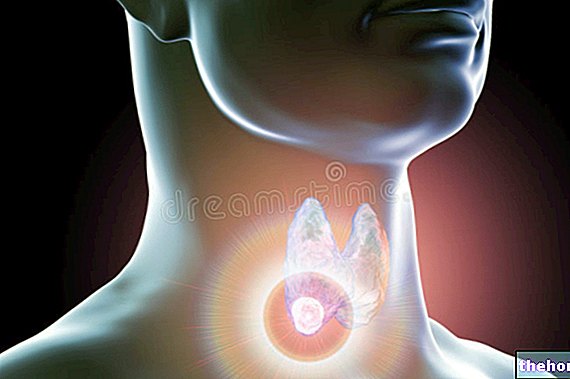Generality
The anamnesis, or clinical history, is a very important step in the identification process of an unspecified morbid condition. Basically, the anamnesis consists in the collection and careful analysis of the complaints reported by the patient or his family; all this with the aim of enriching the picture of the information necessary for a definitive diagnosis.

The anamnesis basically consists of a questionnaire, which can be divided into 3 parts or stages:
- the part dedicated to the general information of the patient;
- the part dedicated to the so-called family anamnesis;
- the part dedicated to the so-called personal anamnesis.
What is the medical history?
Anamnesis, or clinical history, is the collection and critical study of the symptoms and facts of medical interest reported by the patient or his family. This investigation is carried out with the aim of enriching the picture of information useful for a correct diagnosis of the present morbid condition.
In a diagnostic process, the anamnesis represents an important step for the identification and precise description of the pathological state in progress.
Sometimes, the medical history is sufficient for a definitive diagnosis; at other times, however, it only leads to approximate conclusions. In many cases, it defines an investigation program, in the sense that it clarifies which in-depth examinations have a certain type of value and which, on the contrary, are of little significance.
Some examples of diseases that can only be diagnosed on the basis of anamnesis:
- Headaches
- Psychological illnesses
- Mental illnesses
WHAT IS IT NOT?
Anamnesis is not a mere recording and listing of the facts reported by the patient or relatives.
The doctor, in fact, must carefully examine every data collected, according to his own experience and preparation (critical study).
WHO DOES IT?
Generally, the medical history is entirely up to a doctor.
However, it should be noted that any qualified medical assistant has all the skills and knowledge to accurately and precisely collect useful information, reported by the patient or relatives.
HETEROANAMNESIS
The medical history that the doctor takes through the voice of relatives is also known as a heteroanamnesis.
The prefix "hetero" comes from the Greek word "heteros' (ἕτερος), which means "other" or "different".
The practice of heteroanamnesis occurs when the patient:
- is a small or very young child, unable to speak;
- is an elderly person who has lost the ability to communicate clearly;
- have some mental disorder;
- for various reasons, he appears not very lucid in the exposition of the symptoms;
- is in a coma or is unconscious;
- etc.
Themes of investigation
Typically, the history consists of a questionnaire, which is a series of questions.
This series of questions follows a path with 3 main stages, which "touch" various themes and topics:




























